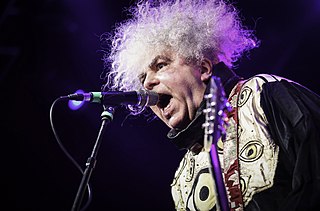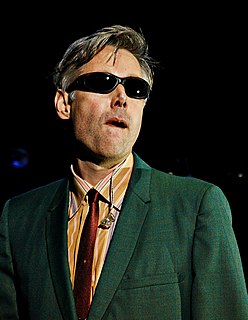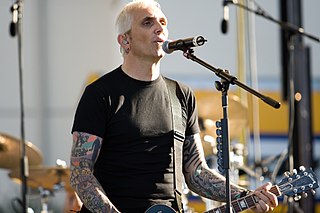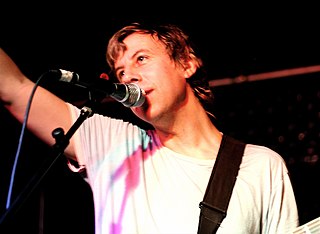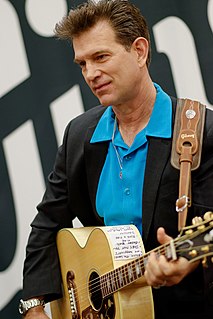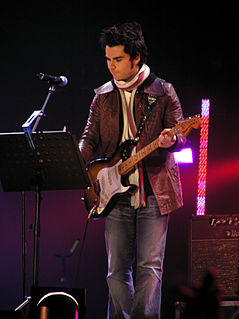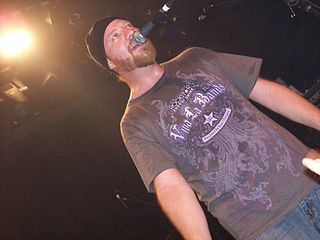A Quote by Wayne Coyne
I call it "being interrupted by success." We had done The Soft Bulletin, which came out in 1999, and we knew we that were gonna make another record before too long. But in between this, we were still in this mode of kind of just - not re-creating what we could be, but kind of doing different things. For the longest time in the Flaming Lips we were like, "Make a record, go on tour. Come back, make another record," and you know, I think, frankly, we were kind of like, "There's more to life than just recording records and going on tour."
Quote Topics
Another
Back
Before
Being
Between
Call
Came
Come
Could
Creating
Different
Different Thing
Different Things
Doing
Done
Frankly
Go
Going
Gonna
Had
Interrupted
Just
Kind
Knew
Know
Life
Like
Lips
Long
Longest
Longest Time
Make
Mode
More
More To Life
Out
Record
Recording
Records
Soft
Still
Success
Than
Things
Think
Time
Too
Tour
Were
Which
Related Quotes
The live thing is separate from the record for me. I have to figure out a way to make the songs work live. It's always going to be different than it is on a record, because every record I've made, there are people playing parts on there that are not going to be coming on tour with me. As much as still feeling connected to it, it's more like rediscovering.
The first record was basically a quick, fast record. The second record, we were going for more of a poppier sound - like a heavy pop sound. For 'Rocket to Russia,' we'd sort of reached our pinnacle. We'd gotten really good at what we were doing, so that's like my favorite record - that's a really good record. It's just great from beginning to end.
The story of our band is that we were this relentless touring band in those early years. We were leaving day jobs and going off on the road and having fun and seeing the country for the first time. We were playing Chinese restaurants and basements and record stores and houses. We were crashing on floors and it was all new and exciting. It was like a vacation. It didn't feel like work. I couldn't wait to go on tour back then. I would be sitting at my day job or my apartment, just itching to go. There were so many adventures that were about to happen.
I could do another tour, make a record that's very similar, do similar venues. Or I could make a different record, do different venues, and grow. It's exciting to take it to new places, but it's never been my intent to be the biggest thing in the world. That's not what my drive is. I want to make what I want to make, and make a living off it.
I wish I could go out farther from my musical history. I didn't realize how hard it was until I tried to do it. All the basic tracks on Romanian Names were done in my basement, alone, without any of the self-consciousness that comes with being in the studio. It was a completely different process. And those two things definitely made the record sound different. But you want this quantum leap from record to record, and maybe if I did make a quantum leap I'd make an unlistenable album. So maybe I'm lucky that I can't pull it off.


